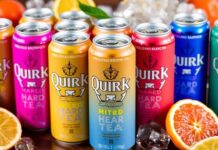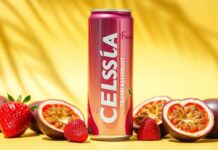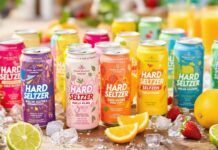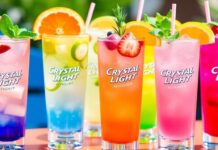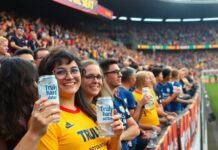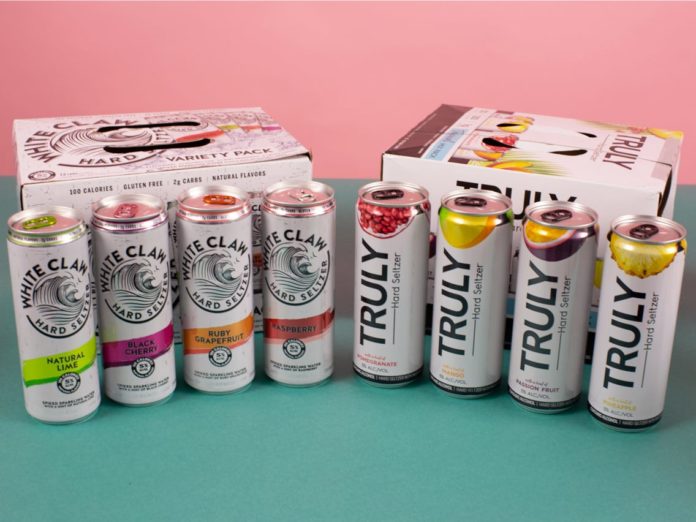Due to the economic shutdown and closing of restaurants and bars for months, the alcoholic beverage market has made some shifts in consumption. Although there have been some losses in the Flavored Malt Beverage (FMB) market in 2020, the off-premise market has been strong.
While hard seltzer is usually grouped n the flavored malt beverage (FMB) category, about 60% of U.S. hard seltzer buyers and 70% of millennials consider hard seltzer as its own category. Fewer than 10% think of it as a beer variety.
Whether it’s traditional hard seltzers, cider seltzers, wine seltzers, spritzers, or spirit type seltzers — these products are resonating.
The US market saw a decline in beer consumption in 2019:
| Year | Beer | Wine | Spirits |
| 2001 | 46% | 31% | 18% |
| 2002 | 44% | 30% | 22% |
| 2003 | 42% | 33% | 22% |
| 2004 | 39% | 33% | 24% |
| 2005 | 39% | 36% | 21% |
| 2006 | 41% | 33% | 23% |
| 2007 | 40% | 34% | 22% |
| 2008 | 42% | 31% | 23% |
| 2009 | 40% | 34% | 21% |
| 2010 | 41% | 32% | 21% |
| 2011 | 36% | 35% | 23% |
| 2012 | 39% | 35% | 22% |
| 2013 | 36% | 35% | 23% |
| 2014 | 41% | 31% | 23% |
| 2015 | 42% | 34% | 21% |
| 2016 | 43% | 32% | 20% |
| 2017 | 40% | 30% | 26% |
| 2018 | 42% | 34% | 28% |
| 2019 | 38% | 30% | 29% |
| Consumer Preferences in Beer, Wine and Spirits | |||
Many companies are looking to regain share with the introduction of hard seltzers. Hard seltzers sales hit $1 billion dollars in 2019.
Stocks to watch include:
Constellation Brand Inc. (NYSE:STZ): The company responsible for Corona and Modelo said it is investing an extra $40 million to its Corona hard seltzers, the biggest single investment it has made in a brand. It plans to make four flavors which are tropical lime, blackberry lime, mango and cherry.
The Boston beer Inc.(NYSE: SAM):
The company known for its Sam Adams craft beer, now produces more Truly hard seltzer than beer. Zack Consensus Estimate that Boston Beer Company’s current year earnings has moved 9.4% up over the past 3 months. The share of this company has risen by 52.8% outperforming other beverages on Zack rank, while alcohol industries rise at just 15.1%.
Anheuser-Busch InBev (BUD):
AB InBev owns the spiked shelter brand Bon & Viv which has seen its sales increase over 30% in 2019, according to Nielsen data.
Molson Coors (NYSE:TAP): It’s the company behind Henry’s hard sparkling water. Despite the brand positioning, Henry’s is indeed a hard seltzer, made with cane sugar, that is 4.2 percent alcohol by volume. The brand was inspired by Henry Weinhard, a “quirky, fun-loving” German-American brewer who opened a brewery in Portland in 1862.
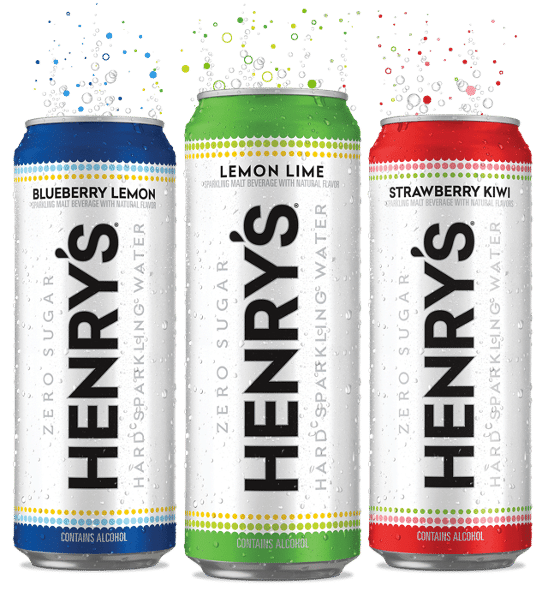
Molson Coors recently entered the Canadian cannabis beverages market, via a joint venture with Hexo, stating the non-alcoholic cannabis beverage market could be worth between $1.5 billion and $3.0 billion.
Diageo (DGEAF): Diegeo is the producer of Smirnoff spiked sparkling seltzer. Smirnoff was the top selling FMB brand in the US in 2018. It brand generated $298 MM in sales, just beating out Bud Light Lime PAB ($290MM) and Mike Harder ($283MM). In terms of volume sales, Smirnoff was second to SAM’s Twisted Tea, which had 10.09 million cases of sales to Smirnoff’s 9.67 million.
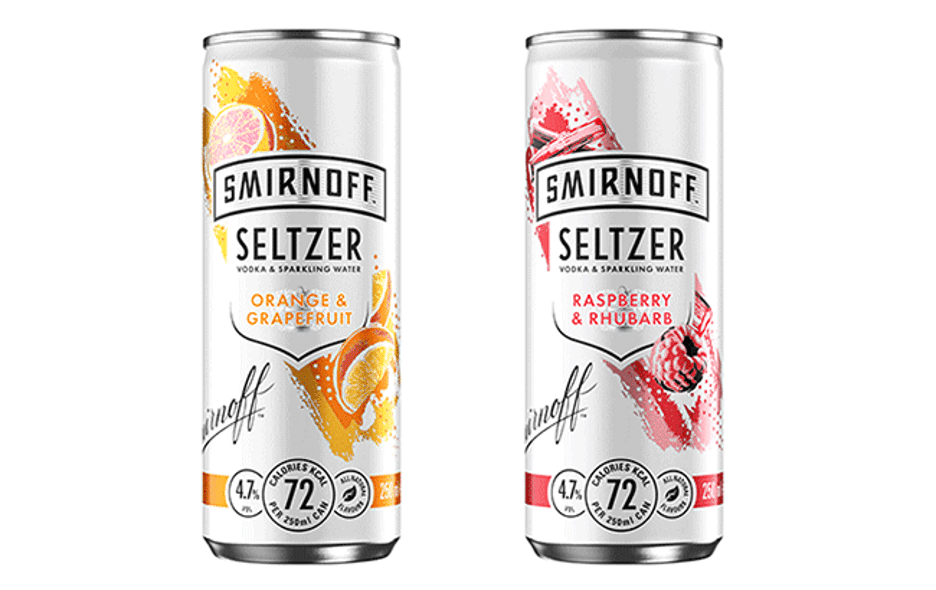
- ThirstyFrog Sets Sail - September 7, 2022
- Tell Me Whey: Dairy Hard Seltzer Developed by Cornell Scientist - July 24, 2022
- Constellation Brands Expected to Announce Significant Quarterly Increase in Sales - September 27, 2021


